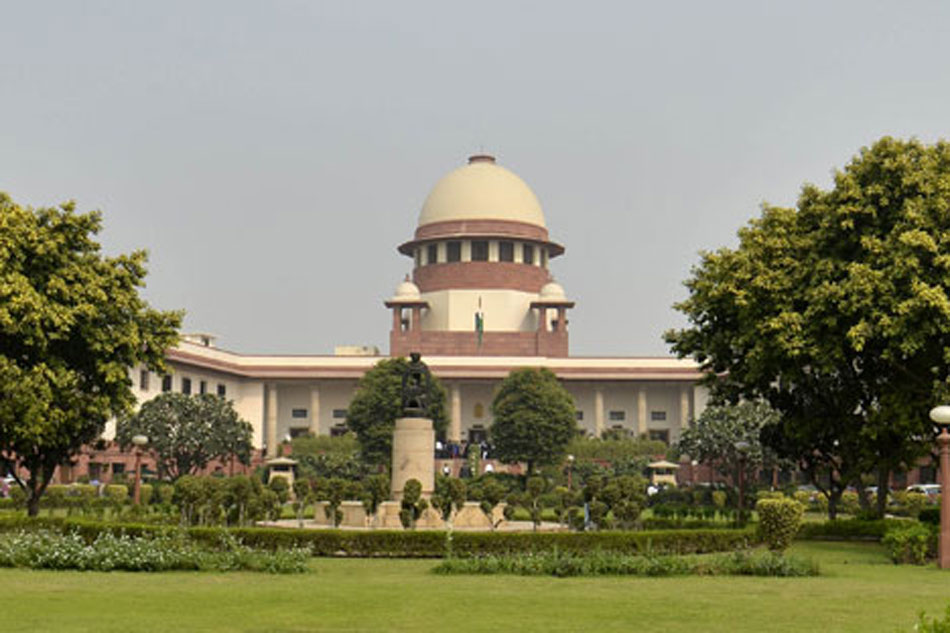The Supreme Court on Friday agreed to hear a plea filed by the mothers of Rohith Vemula and Payal Tadvi, who allegedly committed suicide following caste-based discrimination, seeking to end such bias in universities and other higher education institutes across the country.
While Vemula, a Ph.D. scholar at Hyderabad Central University committed suicide on January 17, 2016, following alleged caste bias, Tadvi, a tribal student at TN Topiwala National Medical College, committed suicide on May 22 this year due to alleged caste-based discrimination by three doctors in her college.
A bench of Justices N.V. Ramana and Ajay Rastogi issued notice on the plea and sought a response from the Centre in four weeks.
Senior advocate Indira Jaising, appearing for both the mothers, said regulations were not being implemented.
She said there were documented incidents of suicides taking place on varsity campuses.
The petitioners have sought to enforce fundamental rights, particularly the right to equality, right to the prohibition of discrimination against caste and right to life.
The petition has raised the issue of rampant caste-based discrimination in higher educational institutions and has underscored the flagrant non-compliance with existing norms and regulations.
The plea says that these incidents are in violation of fundamental rights to equality, equal opportunity, right against discrimination, the abolition of untouchability, and right to life guaranteed under Articles 14, 15, 16, 17 and 21 of the Constitution.
The petitioners have sought directions to the Centre and the University Grants Commission (UGC) to strictly ensure enforcement of and compliance with the UGC (Promotion of Equity in Higher Educational Institutions) Regulations, 2012, popularly called UGC equity regulations.
They have also sought directions to the Centre and the UGC to ensure that all universities, including deemed universities and higher educational institutions, comply with UGC equity regulations in “letter and in spirit”.
The plea seeks court direction to ensure that all universities and higher education institutions establish equal-opportunity cells on the lines of such other existing anti-discrimination internal complaints mechanisms and to include members from SC/ST communities and independent representatives from NGOs or social activists to ensure objectivity and impartiality in the process.
It asks all universities to take strong disciplinary action against victimisation of students or staff who file complaints alleging caste-based discrimination and to take necessary steps in the nature of interim relief that restrain the higher education institutions from creating a hostile environment against students who file such complaints.
Besides these directions, the petition seeks various steps to ensure the end of caste-based discrimination on campuses.
“Since 2004, there have been over 20 documented instances of students committing suicides across the universities in the country. Various committees set up to look into these deaths have concluded that SC, ST students have faced systematic discrimination in matters of allotting supervisors, caste-based abuses, problems in matters of scholarships, and more,” the plea says.











